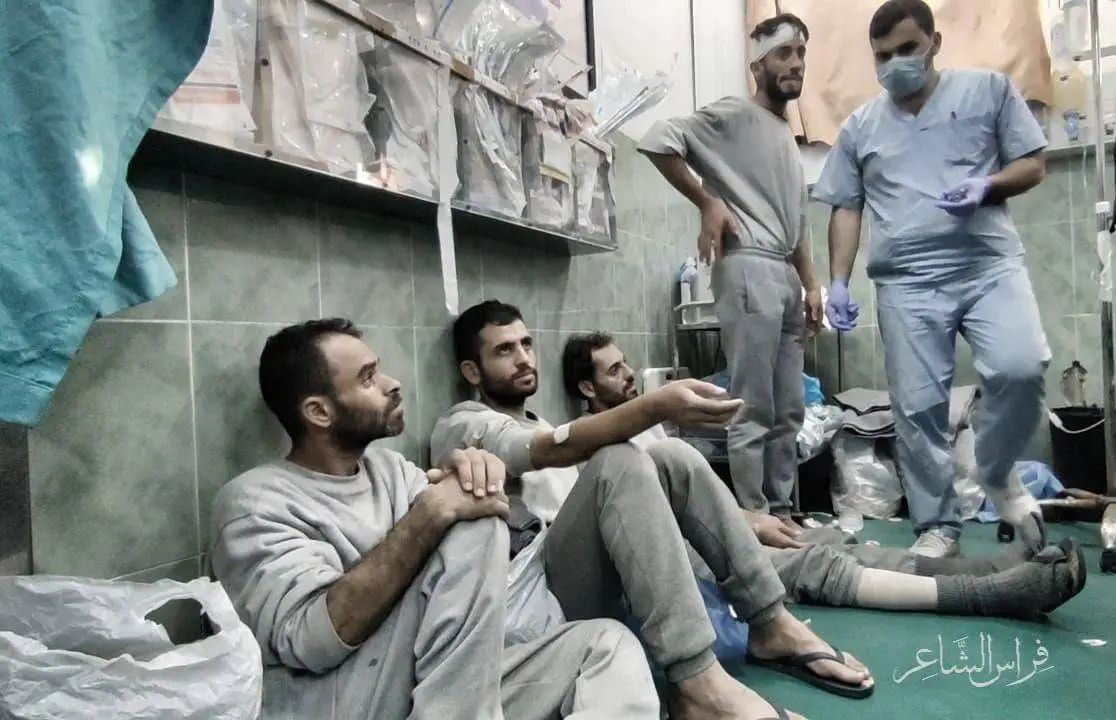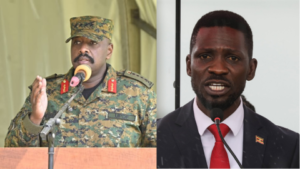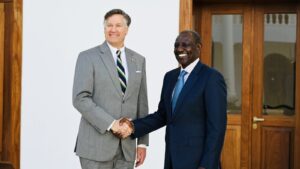Blindfolds, handcuffs, and diapers; wounds oozing infection and gnashing of teeth under the knife, a pain so acute as analgesia is just a pipe dream. Such is the reality of Gaza detainees at the military field hospital, at the Sde Teiman military base in southern Israel.
Speaking during an interview, the facility’s senior anaesthesiologist, Yoel Donchin said both the use of nappies and handcuffs were universal in the hospital, regardless of the security risk or the patient’s level of injury.
“The army creates the patient to be 100% dependent, like a baby,” he said. “You are cuffed, you are with diapers, you need water, you need everything – it’s dehumanization”.
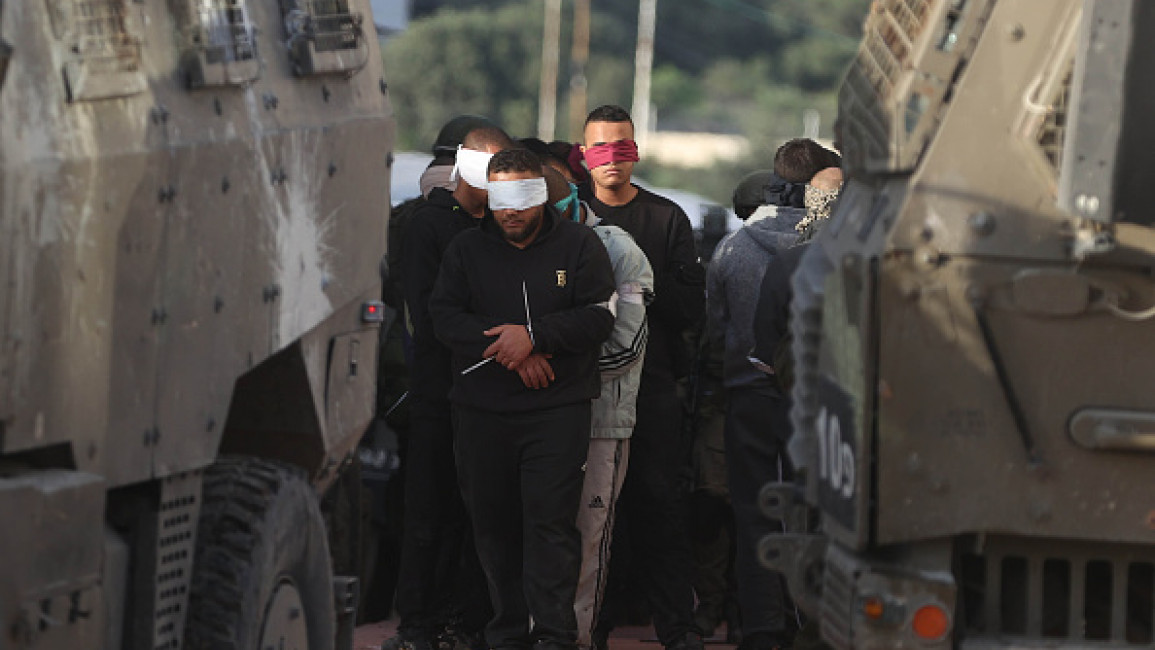
Harrowing, right? But that is not even half of it. A whistle-blower painted a picture of complete disregard for common human decency and artistic cruelty meted upon the detainees. Patients kept naked under the blankets, painkillers used “selectively” and “in a very limited way” during an invasive medical procedure, bestial cruelty would be an understatement.
Listening to the stories of the detainees and medical workers in the field hospital which was set up by Israel’s Health Ministry after the Hamas attacks specifically to treat Gazan detainees, after some public hospitals and staff expressed a reluctance to treat fighters captured on the day of the Hamas attacks; one wonders how humans can be this artistically cruel.
Sufian Abu Salah, a 43-year-old taxi driver from Khan Younis, was one of many men detained during Israeli army raids and taken to a military base for questioning.
He recounted that soldiers severely beat him during the journey and upon arrival at the base. Despite having a minor wound on his foot, he was denied medical treatment, leading to an infection.
“My leg became infected, turned blue, and felt as soft as a sponge,” he narrates.
A week later, guards took him to a hospital, inflicting further pain by beating his injured leg during the trip. Two operations to clean the wound were unsuccessful. “Then, at a public hospital, the doctor gave me two choices: my leg or my life.”
Choosing his life, he had his leg amputated. Following the surgery, he was returned to the military base before eventually being released back to Gaza.
“This period was both mentally and physically torturous,” he said. “I can’t put it into words. I was detained with two legs, and now I have only one. Sometimes, I break down and cry.”
A stone heart may bleed and shrivel! Not far from deliberate revenge.
However, sentiments from the Israeli government do little to ease the situation. Netanyahu has unequivocally stated that Palestinians will never achieve independence during his tenure, further intensifying the geopolitical and legal complexities surrounding the conflict.
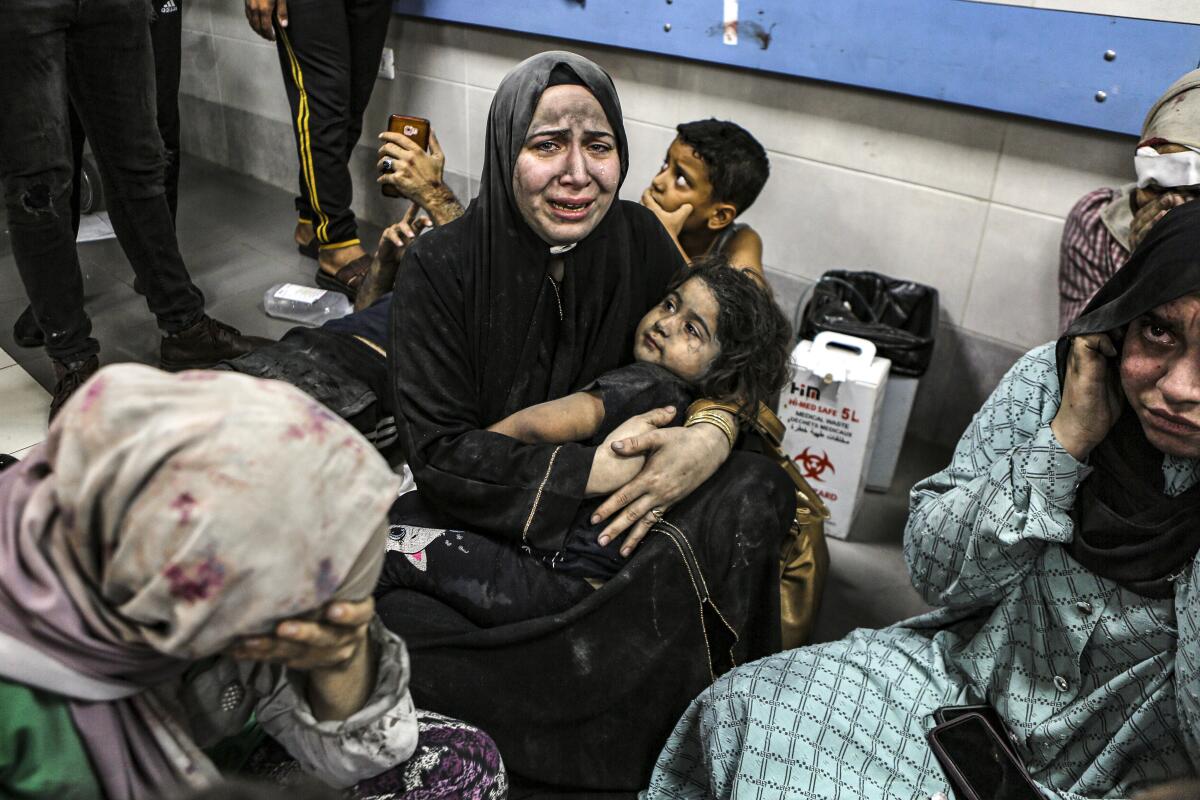
Yossi Walfisch, the head of the country’s Medical Ethics Board, stated after visiting the site that while all patients have the right to receive treatment without being handcuffed, the safety of the medical staff takes precedence over other ethical concerns. In a published letter, he emphasized that terrorists receive appropriate medical care, with efforts made to minimize restraints while ensuring the safety of the medical personnel.
“It’s not pleasant to work there,” he said. “I know it’s against the ethical code to treat someone cuffed in the bed. But what’s the alternative? Is it better to let them die? I don’t think so.”
The situation at the field hospital shows a significant low point for the medical profession and medical ethics. Moreover, it also paints a stark picture of the collective punishment of the Palestinians and how deep in the gutter the conflict dragged morality, Why, most of the detainees are eventually released without charges. Will it get better, or the humanitarian crisis will get worse? What should the world do to solve this decades-long conflict, that has now led to the loss of more than 35,000 souls, the majority of which are women and children since October 7, 2023?


